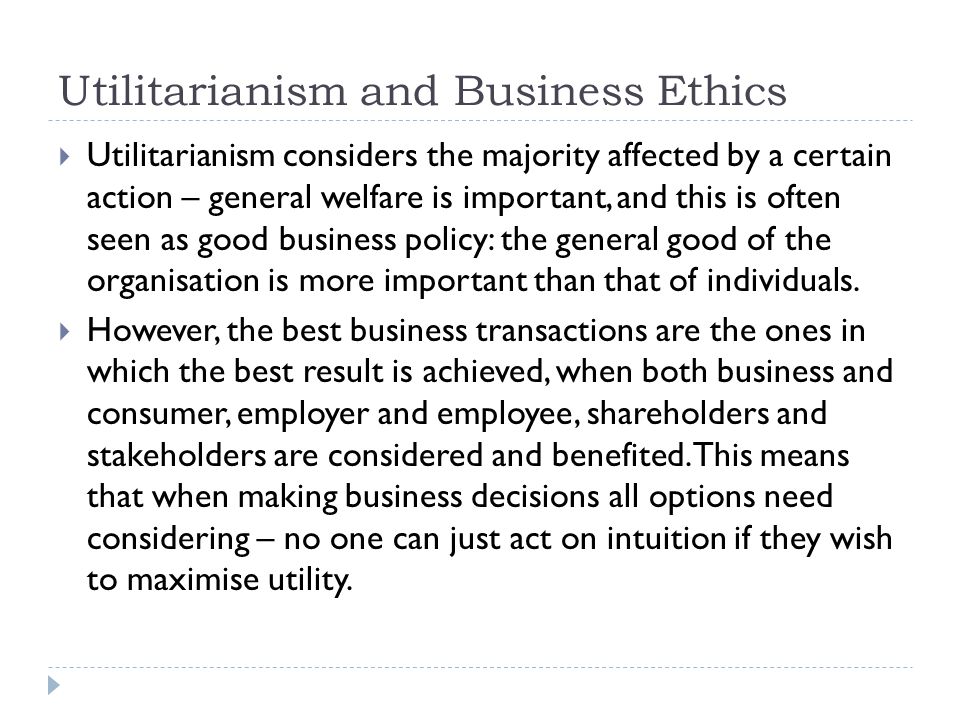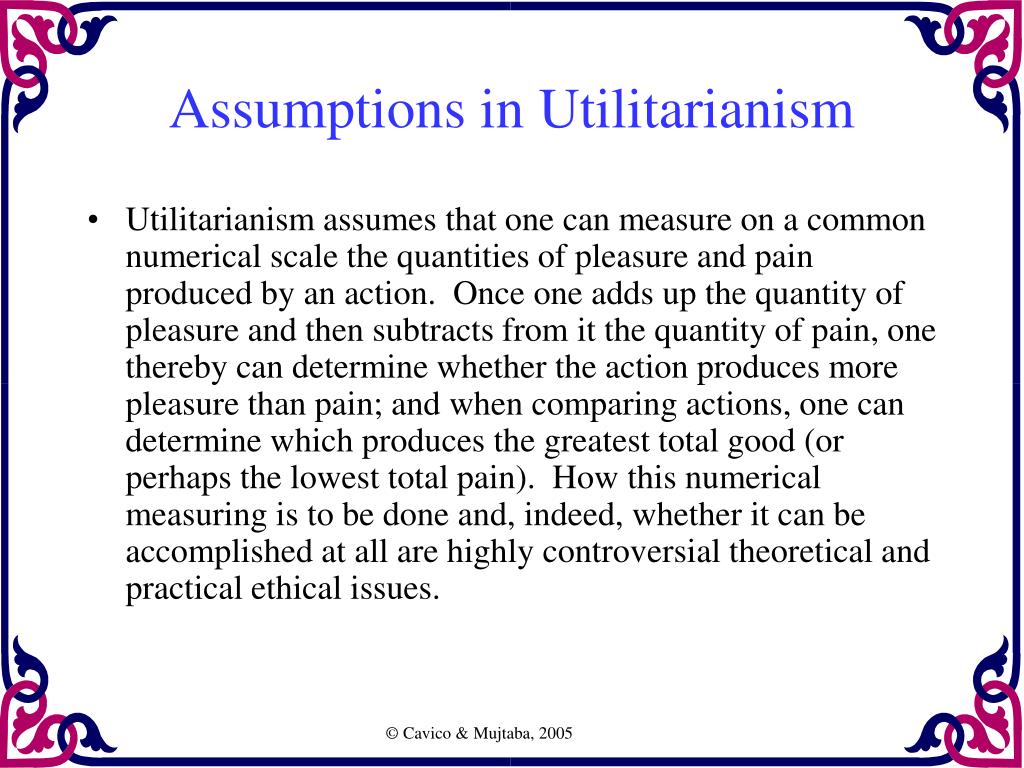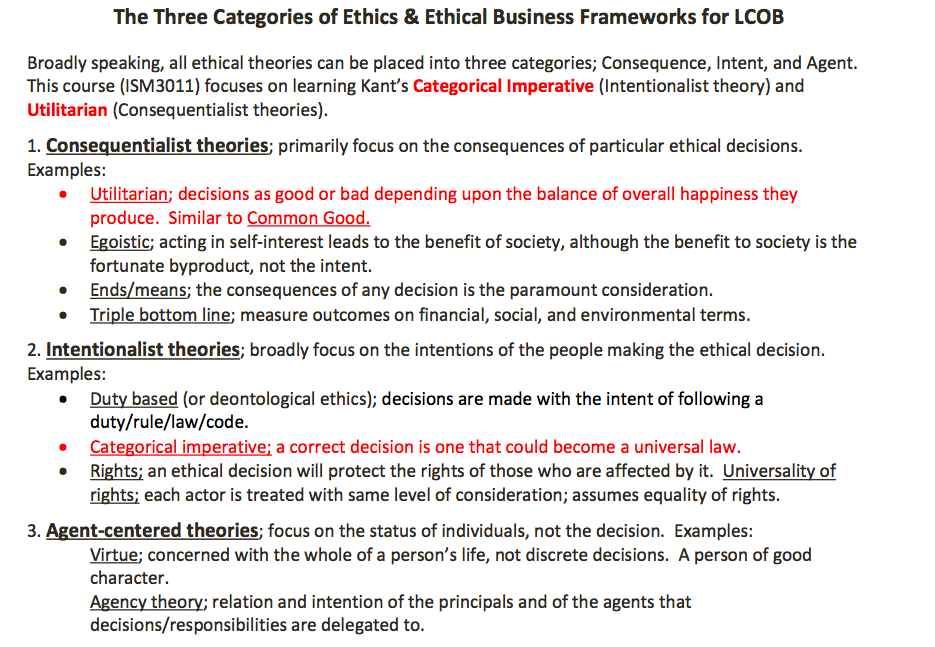Utilitarianism is a ethical theory that holds that the best action is the one that maximizes utility, or happiness, for the greatest number of people. In the context of business ethics, utilitarianism suggests that businesses should make decisions that maximize the overall happiness or well-being of all stakeholders, including employees, customers, shareholders, and the larger community.
One way that businesses might apply utilitarianism is by considering the potential consequences of their actions on all stakeholders. For example, a company might decide to invest in more environmentally friendly practices, not just because it is the right thing to do, but because it will also lead to long-term cost savings and improved public relations, which will benefit shareholders and customers.
Another way that utilitarianism might be applied in business is through a focus on creating the greatest good for the greatest number of people. This might involve prioritizing the needs and well-being of the most vulnerable stakeholders, such as low-income customers or marginalized communities. For example, a company might decide to donate a portion of its profits to a charitable organization that helps people in need, even if it does not directly benefit the company in the short-term.
Utilitarianism can also be used to justify certain business practices that might be viewed as controversial or unethical. For example, a company might decide to lay off a large number of employees in order to cut costs and remain competitive, even if it causes hardship for those employees. From a utilitarian perspective, this decision might be justified if it leads to the long-term survival and success of the company, which ultimately benefits all stakeholders, including the remaining employees.
However, utilitarianism is not without its criticisms. Some argue that it can be difficult to quantify and compare the utility or happiness of different individuals or groups, and that it might lead to negative consequences for some stakeholders. Additionally, utilitarianism does not take into account issues of fairness or justice, and might justify actions that are unethical or discriminatory if they lead to the greatest overall utility.
Overall, utilitarianism offers a useful framework for considering the ethical implications of business decisions, but it is important for businesses to also consider other ethical theories and principles, such as respect for autonomy, fairness, and justice.
Utilitarianism: What It Is, Founders, and Main Principles

You cannot measure happiness in tangible ways. Utilitarianism would allow the majority to have tyranny over all aspects of society. By withholding information, she has protected her job, and so will be able to help her husband in paying their mortgage bills. This perception brings understanding of the development of the care theory and its principles, which have been paramount in the context of business ethics and its real meaning to the welfare of employees and success of organizations. In the world of economy and business, libertarian believes in a free market where it is no influenced by government policies or public services. North Carolina: Davidson College, Dept of Biology, 2002,Web. The first moral perspective, utilitarianism, as a consequence-based approach will better suit the demands of all parties, including the CEO, who was not a proponent of this action.
15 Utilitarianism Advantages and Disadvantages

Government reports indicated that Massey Energy Company had received several warnings, almost 50 times in the prior month alone, over violation of employee workplace safety. Terri Schiavo Case Summary 1212 Words 5 Pages As we know consequentialism is the focus of an action that does more intrinsically good than bad, one kind of consequentialist theory is utilitarianism. Back to the concepts of pain and suffering; the ethical position of utilitarianism is that human beings should be happier and have less suffering. It is a universal concept that all of us can understand. But this seems to be impersonal. Use discount code: THIRTYOFF to take 30% off a Premium subscription. This position goes down to ethical business practices where in the context of the rights ethical approach, employees should receive maximum respect, dignity, and protection from any form of physical, emotional, or psychological harm coming from their jobs.
Applying Utilitarianism in Business
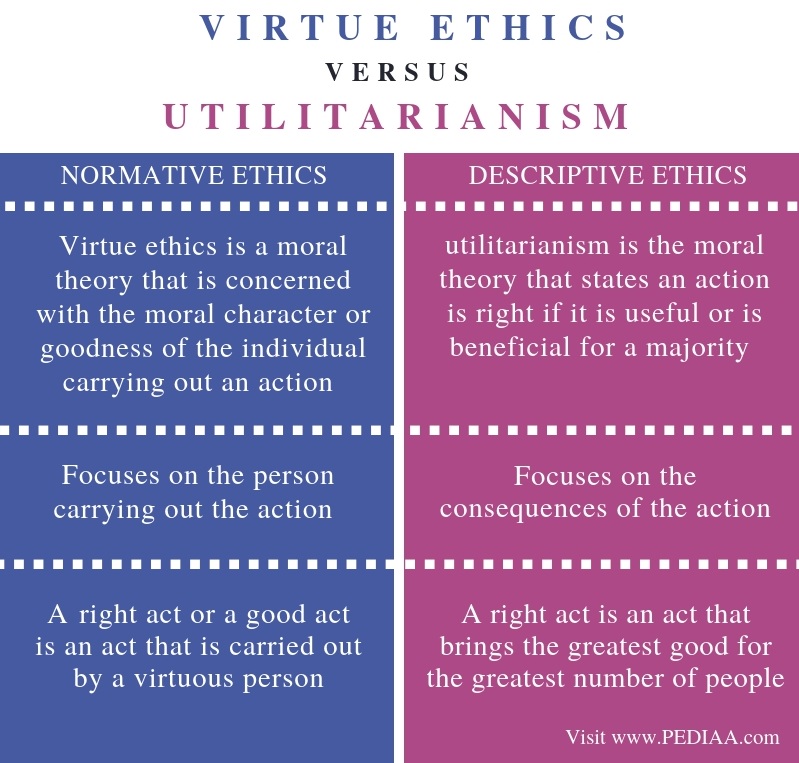
The deontological approaches or normative ethical position which judges an action based on the adherence of the action to certain rules and the teleological approaches which judges primarily based on the consequences of an action Hare, 1964. In other words, Henry can fail to build good relationships with the partner of the company he works for if he does not accept the present. Saying that we should focus on the long-term consequences of an action when the implications of the short-term consequences are troubling seems to be problematic. Although the company may view this action as a mean to get their hands on precious information, it may be conflicting to certain employees who do not support bribery. A universally accepted act should reflect fairness and justice on the part of both parties in view of the business, climate, industry, organisational, society, and personal levels. Utilitarianism is a secular process which can incorporate religious elements if that is what makes you happy. Enacting Mandatory Vaccinations A company may mandate vaccinations for its employees even though it may override the personal objections of some of its staff.
Utilitarianism Theory and Business Ethics
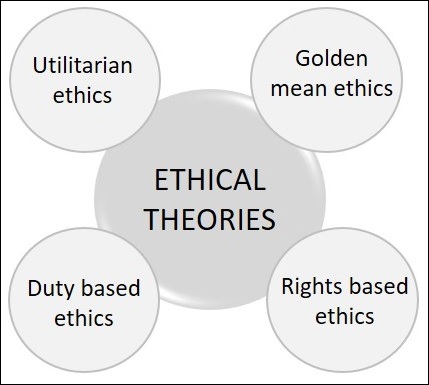
This aspect contrasted the notion of ethical business practices that percepts that organizations should undertake their businesses morally by ensuring that they preserve justice, employee freedom, and safeguard human dignity Ciulla, 2004. This essay aims to analyze these theories using the Massey Energy Company as an example. On the other hand, Henry should carefully weigh up the kind of relationship between him and Clare and the effect of the choice of the action he should take. At work, utilitarianism is displayed by working to make sure the workplace is a positive environment for your co-workers to be in, and then make it so for yourself. When we begin to compare the positive effects of our actions with the negative ones, then we can make logical choices about what our next actions will be. In the wide sense of moral soundness, good leadership associates with good ethics where integrity, transparency, and moral obligations related to competence, justice, duty, and the great goodness Ciulla, 2004. Although this axiom may seem quite obvious, this principle of equality was radical and progressive in Bentham's time.

